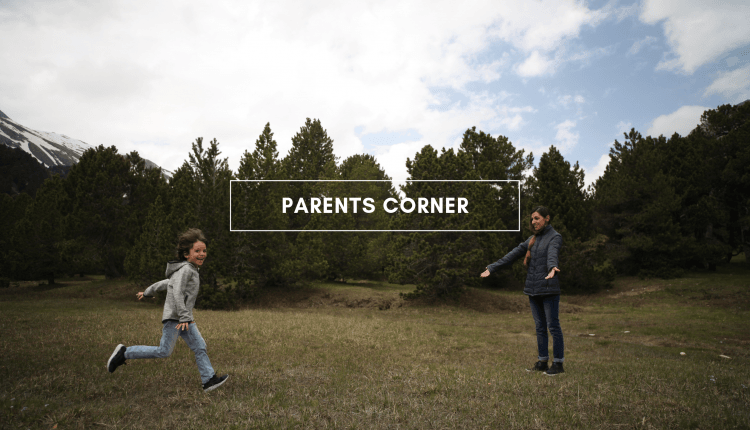Parents often complain to me that when they ask their child, “how was school?” or “how was your day?”, they receive no more than a “good/fine” or a grunt in response. There are many ways parents interpret these responses, either believing their child doesn’t want to talk to them or is being pouty or impolite. Neither are true or fair.
Adults under-estimate the amount of cognitive processing that questions ask of children. When asked a question, I must not only decipher the meaning of the question but work out if I know the answer and want to give it to you. That’s a lot of thinking. Younger children with developing language capacity take even longer to manage a response.
Timing of question is usually another complicating factor. Questions fired at children just as they are bundling into the car at pick up rarely stimulate riveting conversation. Transitioning from school or day care to home is another process.
Think about how you feel the minute you arrive home from work; even if you had the most successful day, you still need to recharge the batteries. Children, like adults, fatigue over a long day away from their safe base.
So, what then is the answer to the tricky question of questions? First, it’s important that we come from a place of genuine curiosity and openness. Children see the emptiness of this adult business of small talk and what they crave is connection. If you don’t really want to know the answer, best not to ask.
However, if you do want to connect with your child, then wrap that curiosity up in a reflective statement. Reflective statements share what you observe of your child’s emotional experience. For example, “it seems like you’ve had a hard day” Statements are open-ended and free from obligation to respond. However, if children feel seen and heard by parents, more often than not they will actually speak more. And then there’s times children don’t want to talk about it. In which case, just say you are open for a chat when they’re ready.
We often create more conversation with children when we don’t ask too much.
Article Written + Submitted by
Monica Purcell | Family Facilitator
Nepean Community & Neighbourhood Services
W: www.nepeancommunity.org.au
E: info@nepeancommunity.org.au

